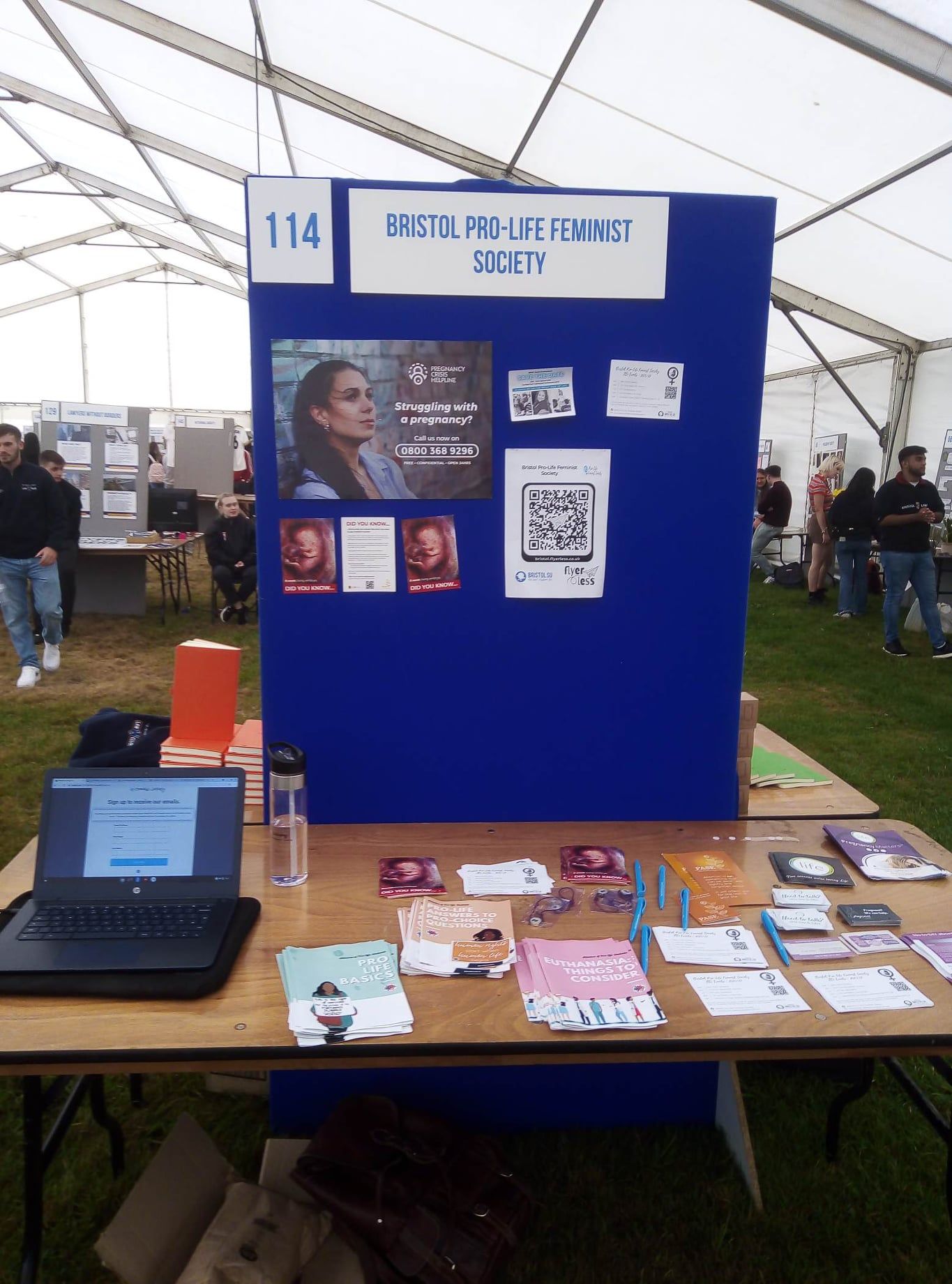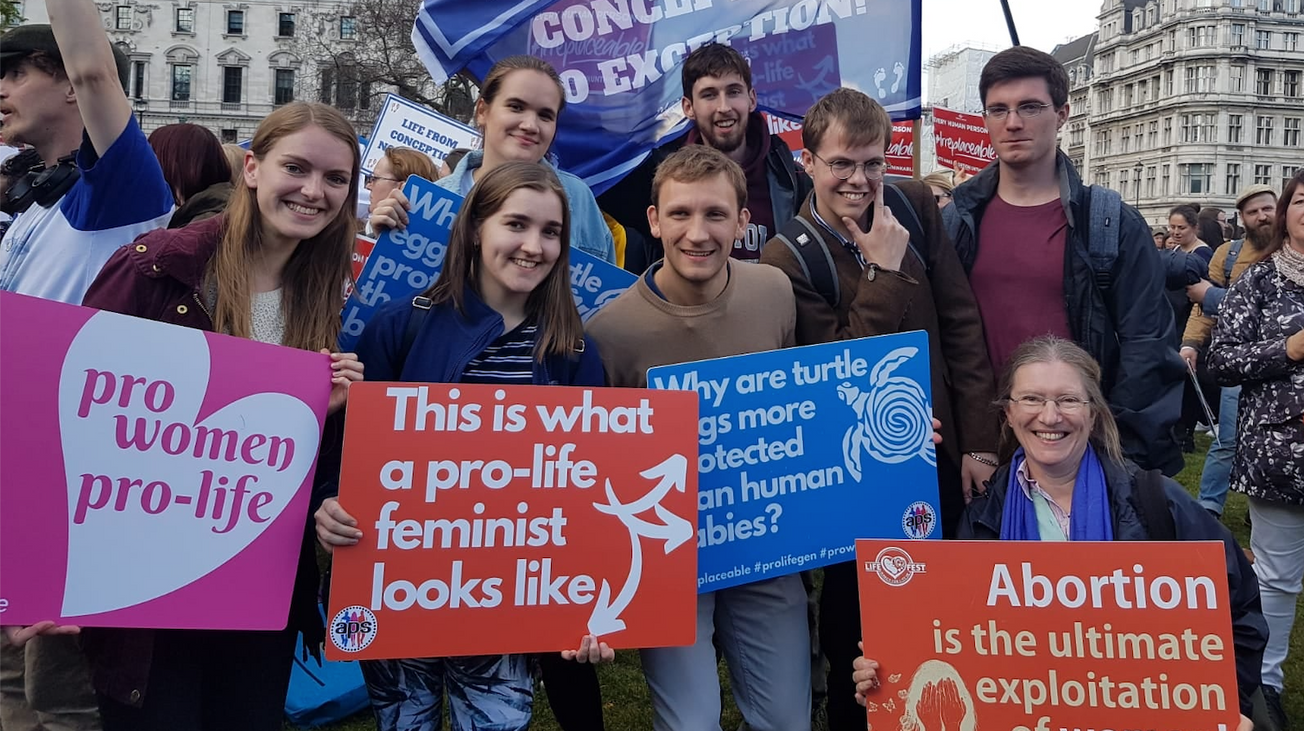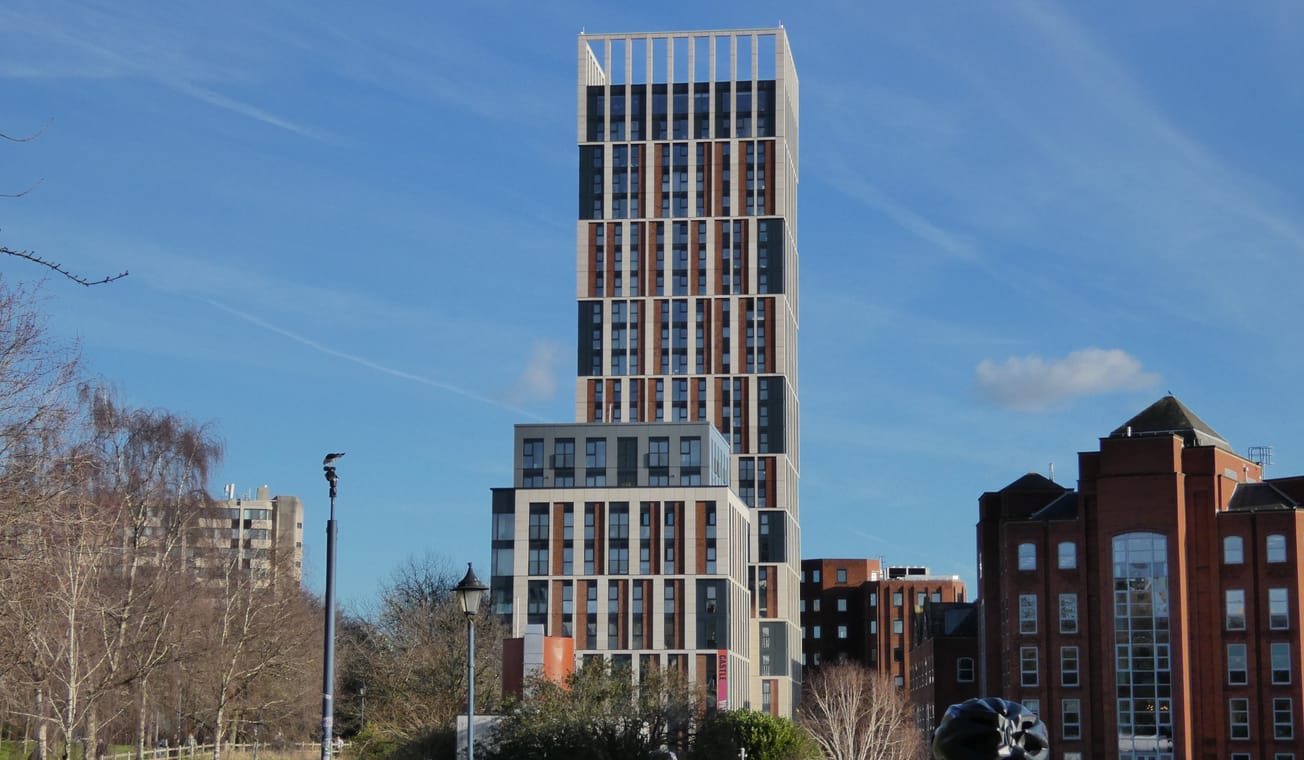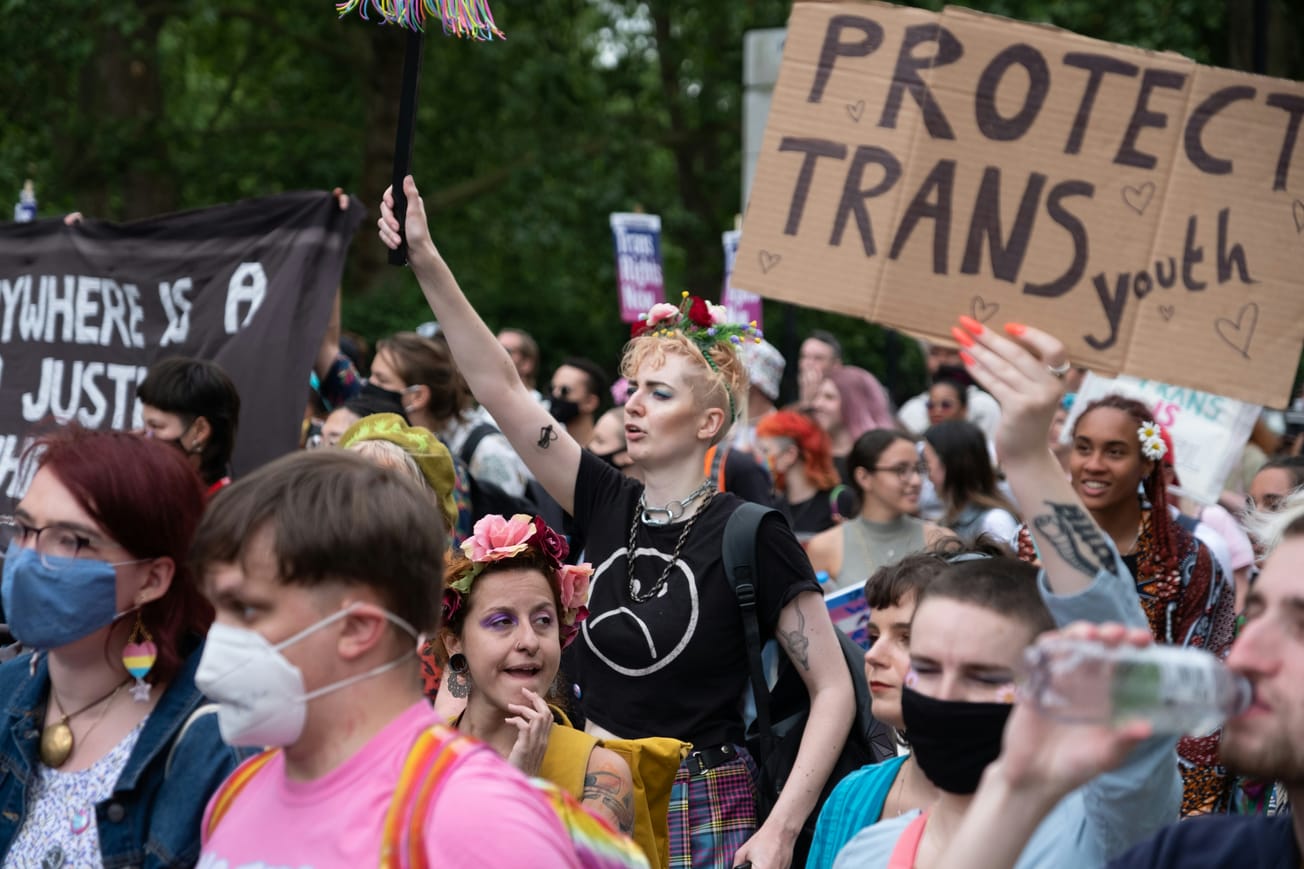By Holly Beaumont, Co-Editor-in-Chief
Content Warning: This article contains themes of abortion, sexual assault and rape
Following the SU Welcome Fair that gave a platform to Bristol societies to engage with new and returning students, Epigram interviewed the University of Bristol’s Pro-Life Feminist Society’s former President and current Media Representative, Maria Rupprecht.
In the time since the interview, the Society has come into focus within the student community: many have argued for its abolition, seeing a contradiction between pro-life and feminist beliefs. Maria, however, tells Epigram she believes the two terms to be 'absolutely compatible'.

The Society’s Facebook page states, ‘We deny the lie that to achieve equality, women must be able to end their own child's life for convenience. It disempowers women to tell them they cannot succeed in the world without being able to kill.’
The Pro-Life Society’s views and their decision to call themselves ‘Feminist’ appears to be at odds with the opinion of several other students who have left comments on their Facebook page.
Opinion | Pro-life feminism: hypocrisy at its finest?
Bristol Uni's IFemSoc launches petition for SU to take action on Pro-Life Feminist Society
One Bristol student, Tilly Blais, commented on their page, stating: ‘Being a Feminist and Pro-life is COMPLETELY contradictory.'
Another student, Charlotte Wood, commented: ‘Stripping a woman of her rights is not Feminism.’
The Society’s stance on this is also in stark contrast with the Bristol Intersectional Feminist Society and Women’s Network. In their open letter to the SU, IFemSoc declared that they ‘take issue with the use of the term ‘feminist’, as the group have a focus on merely the single issue of restricting reproductive rights’.
The first thing that the letter calls for is ‘an official change of name to remove ‘feminist’ from their title’.
This letter has since been signed by over 500 Bristol students in support.
Other online criticism was grounded in the Society’s inclusion of men, with one student tweeting a photo of their stall at Freshers' Fair and writing, ‘a man running this stall you have to laugh’.
a man running this stall😭 u have to laugh pic.twitter.com/yEAQaln97u
— reegan (@reegnkay) September 25, 2021
Maria did not understand why some people would take issue with a man being on their committee.
‘Just because you don’t have a chicken farm, it is good to have an opinion on animal rights, which I think goes down the same line’, she said. ‘First of all, he is involved in the pregnancy. He has made his contribution to that. It’s about protecting the human right of life and I think everyone can have a say in that’, she continued.
Given some of the negative social media posts regarding the Society’s presence at Freshers' Fair, I asked Maria about the reception they faced.
‘It's about protecting the human right to life and I think everyone can have a say in that’
‘We had some positive responses but some people made it very clear that they don’t agree with us’, she said. ‘People don’t seem to see that men have a place which I find personally rather sad’.
Despite this, Maria maintained that she does not mind this aspect of being part of what she described to be a ‘controversial’ society. ‘Academic discourse is about having difficult conversations. It’s a good way to grow personally’, she said.
One topic that Maria found particularly difficult to speak on, however, was that of the abortion laws in some U.S. states. Specifically, we asked her about the Texan abortion laws that made abortion illegal after a heartbeat can be detected and the Arkansas abortion laws that have banned abortion even in the case of rape.
She tried her best to sum up her position, stating, ‘Well, I am against abortion so, it’s not a question of whether I think it’s fair, maybe I cannot say. I don’t know how to answer this question and I think it’s okay to say that I don’t know how to answer that question’.
With reference to the abortion laws that have banned abortion even in the case of rape, Maria said, ‘I think it would be worse for me to consider myself a murderer than give birth to the child. It’s not the baby’s fault’.
‘I don't think taking it out on an even more helpless human individual is a solution to a crime’
‘We have two crimes; we have the crime of rape and the crime of abortion. I don’t think taking it out on an even more helpless human individual is a solution to a crime.’ When asked to clarify whether abortion following rape was acceptable, she stated it was not.
This view was echoed on the Society’s Facebook page in which, when asked about a child conceived in the case of rape, the Facebook’s admin replied, ‘We simply don’t think one crime justifies an even more serious one which also is against an innocent human being’.
Maria admitted that she would struggle to afford to have a baby in the U.S, branding the '$5000' cost of having a baby through hospital costs ‘unthinkable’. When reflecting on the UK she later went on to say that financial difficulties did not justify an abortion procedure: ‘I just think it's always [financially] doable’.
Maria, however, concluded that in spite of her stance she does not blame anyone’ and believes ‘fundamentally, people always try to do their best’.
‘I just can speak for myself, I just would not want to live with that decision and I wouldn't want anyone else to have to live with it either’, she said.
Epigram approached The University of Bristol’s IFemSoc as well as the Women’s Network for comment, but both declined to comment.
Featured Image: Bristol Pro-Life Feminist Society Facebook









